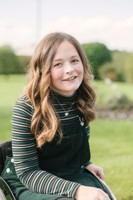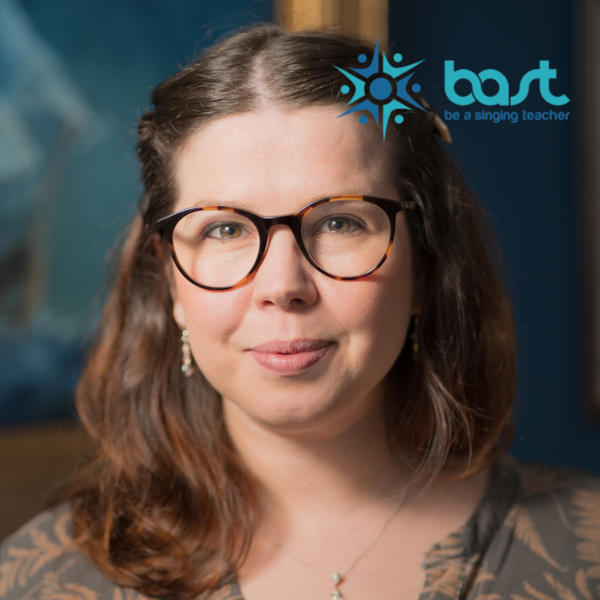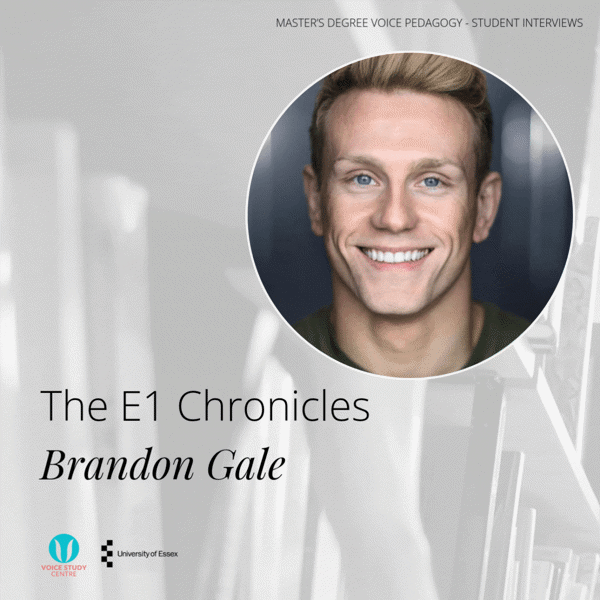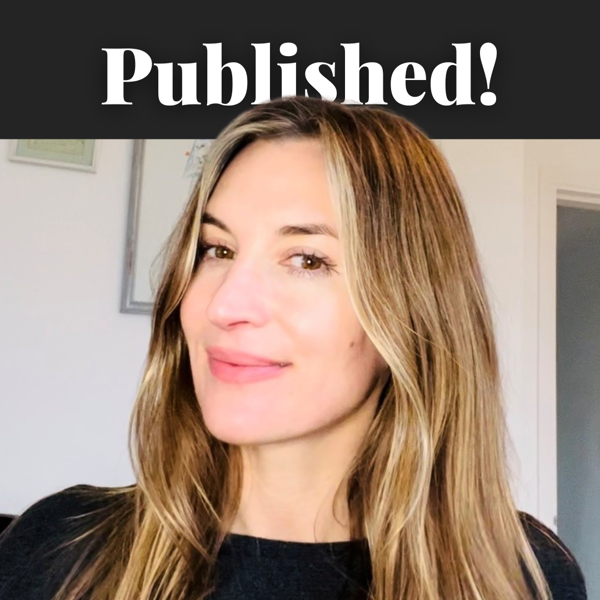
Guest article by MA student, Carla Higgins.
International Day of People with Disabilities 2021
A disability is defined as a physical or mental impairment which has a ‘substantial and long-term adverse effect of a person’s ability to carry out normal day-to-day activities’ (s.6a-b Equality Act 2010). There are an estimated 14.1 million disabled people in the UK according to latest estimates. This year the theme of International Day of People with Disabilities (IDPWD) is celebrating the challenges, barriers and opportunities for people with disabilities in the context of COVID-19.
Whilst everyone has been impacted by the global pandemic, those with disabilities are among the most affected populations. The pandemic has magnified the difficulties that people with disabilities face, including reduced access to health care, rehabilitation and mental health services, as well as enhanced isolation in social environments. Therefore, the aim of IDPWD is to create an awareness of these difficulties and push for change.
As a result, we need to start thinking about how we can welcome those with disabilities into our singing studios by having inclusive teaching practices. As both a singing teacher and a disabled person, this has been a topic I am passionate about. Therefore, I decided to focus my MA research on bridging the gap between voice pedagogy and disability studies, primarily focusing on inclusive teaching practices for those with mobility impairments, such as for those who use a wheelchair. After reviewing the literature, it was clear that a plethora of research has been geared towards singing from a therapeutic standpoint for those with disabilities (Patterson, 2003). Whilst this is a highly important topic, I noticed the gap in voice pedagogy for people with disabilities who want to train their voice for pedagogical and aesthetic goals rather than for therapy (Cameron, 2014).
Within music performance pedagogy as a whole there has always been the notion of ‘normative bodies’ (Vargas, 2018). For instance, piano pedagogy has formulated principles of what constitutes as ‘correctness’ of the human body in order to produce correct piano technique (Philipp, 1982). Likewise, in regard to alignment, voice pedagogy has historically focused on an ideal body position for singing (Miller, 1996). Whilst voice pedagogy has evolved from a stand up straight, ‘militaristic stance’ (Chapman, 2012) to a more dynamic and holistic view of the body with the development of new era ‘mind-body awareness’ techniques (Bunch, 2005). This dynamic alignment still seems to assume that the singer should be standing to support the voice (Staes et al., 2014). In addition, there also seems to be an emphasis on body movement in order to avoid tension in the vocal mechanism (Nair, 2006), however, not all bodies have the luxury of such movement. Overall, these assumptions of the ideal human body perpetuate able-bodied privilege, since it leaves no room for disabled musicians who may be conceived to have non-normative bodies in comparison to the ideal portrayed in music pedagogy (Vargas, 2018).
In regard to teaching music in a private studio setting, research has shown that many teachers have expressed feelings of fear and hesitation to teaching disabled students (Martiros and Hanley-Maxwell, 2013). For instance, a small-scale study was carried out within the field of piano pedagogy to determine the inclusive practice of piano teachers within their private studios. Results showed that whilst the teachers would never deny a student lessons on the basis of their disability, they had hesitation about teaching children with disabilities and expressed they did not want to be responsible for teaching such students. This stemmed from a lack of education, training and experience around teaching those with disabilities (Martiros and Hanley-Maxwell, 2013).
Whilst there is very little published research on the inclusion of those with disabilities in the field of music education, or more specifically voice pedagogy. It appears that more education and training for those teaching music of any kind, including singing, is required. Consequently, I decided to focus my research on best practice for teaching those with a disability, specifically for teaching wheelchair users. It appears the majority of voice pedagogy has adopted a medicalised model of disability in terms of music therapy and similar disciplines (Straus, 2014). However, I wanted to take the social model of disability (Mallett and Runswick-Cole, 2014) and apply it to voice pedagogy to determine best practice. Thus far, I have looked at alignment for singers who use a wheelchair and the suitable breathing methodologies which they could adopt within their training. These findings drew interesting conclusions which will certainly feed into future research.
Despite the various barriers a wheelchair user may face when singing, there are also various solutions which can be implemented. There is not one teaching method suitable for all students, whether disabled or able-bodied. Therefore, it is the responsibility of voice teachers to adopt inclusive practices which best suit the individual. It is my hope that in the future I will share the findings from my research in the form of resources and training to help eliminate any fear or worry voice teachers may have when teaching a student with a disability and to help build inclusive practice in the voice studio.
Carla Higgins
Carla is a singer and singing teacher with a busy private practice in Northern Ireland. Carla teaches a wide variety of genres, specialising in musical theatre and contemporary commercial music...




